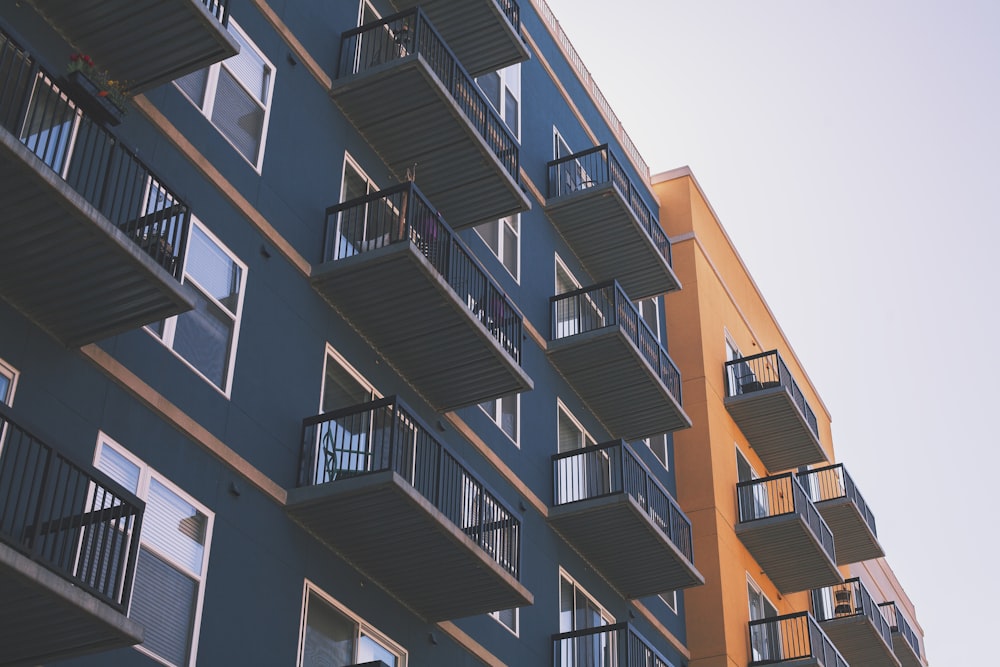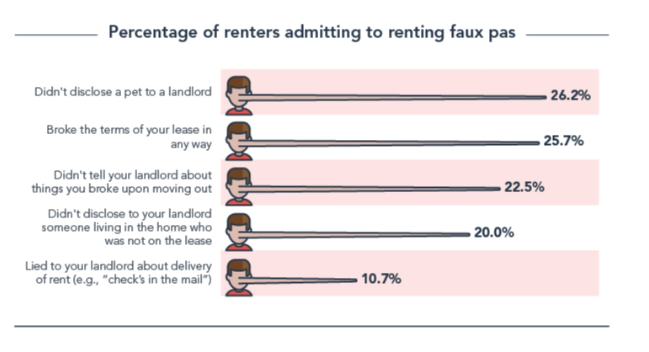A pleasant landlord-tenant relationship can make the renting experience more successful for both landlords and tenants, but building and maintaining a positive relationship requires intentional action and a proactive mindset from landlords. It’s not always easy – a recent survey of 1,500 American renters found that only 6 out of 10 renters have a good or excellent relationship with their landlord.
The importance of positive landlord-tenant relationships. It’s increasingly important for landlords to maintain a good relationship with their tenants, and there are numerous benefits for landlords who strive to keep their tenants happy.
Strong relationships can reduce rental turnover rates
Landlords manage a variety of costs and high rental turnover can raise those costs significantly. Every time a landlord-tenant relationship collapses, investors must spend more to market the property, look for a new tenant, renovate and clean the property, and more. Tenants who have a strong relationship with their landlords are less likely to look for new accommodation unless absolutely necessary, but landlords don’t always take advantage of their connection to renters. Renewals can help rental property owners save time, energy, and money by holding on to renters who pay rent on time, take care of the property, and are responsive during times of emergency.
Renters who have good relationships with their landlords tend to take better care of the property
Landlords who are hard to contact and only show up to collect rent can be frustrating to deal with. Conversely, those who get to know their tenants and communicate personally can find their renters to be more accountable and responsible in their care of the property. Building and maintaining a relationship also creates opportunities for mutual respect between the parties involved. Even when eviction or rent rises become necessary, tenants are unlikely to intentionally damage the property out of spite due to the existing relationship they have with their landlord.
The highest proportion of landlord expenses usually go to seasonal and preventative maintenance costs. Repair costs are also significant, and they can snowball if issues are left to worsen over time. Some tenants can be concerned about how their landlords might react to their issues and can choose to lie about broken or damaged items. 22.5% of tenants admitted to lying to their landlord about things that they broke. Landlords who establish that they’re reasonable and approachable are more likely to hear about problems as they arise, which gives them the opportunity to repair damages before they get out of hand.
Tips for building and maintaining good relations with tenants
All landlords want to develop and maintain positive relationships with their tenants but can be unsure of how they can do so without coming across as overbearing or insincere. Here are some tips that can help.
1. Maintain open lines of communication at all times
Communication is at the core of every strong relationship and landlord-tenant relationships are no different. Landlords should ensure that they’re accessible through communication channels that are convenient for their tenants. Remote and shift workers may prefer to communicate through email or text, while older tenants tend to prefer the phone. Renters appreciate landlords who are communicative and responsive when problems arise. A recent survey shows that 72% of renters consider a good landlord to be one who responds quickly to issues.
2. Consistently provide good customer service to your tenants
Successful landlords all recognize the importance of customer service. Consistently checking in with their tenants to ensure that they are not facing any issues, being responsive to their tenant’s needs, and promptly resolving any property issues the renter might have assures tenants that their opinions and needs are important to their landlord. This can go a long way in turning a rental property into a home for renters.
3. Set clear expectations early in the relationship
Landlords and tenants use lease agreements and documents to outline the roles and responsibilities of each party early in the relationship. However, some landlords can view this as an administrative task rather than a relationship-building exercise. This can lead to misunderstandings about things like maintenance requirements, property policies, security deposit rules, and more. When a lease is signed, landlords should spend some time going through each clause and provision in the agreement with their tenant. This allows both parties to have a common and complete understanding of what is expected of them throughout the relationship.
4. Give tenants the tools they need to take good care of the property
Once the roles and responsibilities of the landlord and tenant have been made clear, it’s also important that landlords give their tenants the tools they need to fulfill those obligations accordingly. This could be as simple as providing renters with the contact information of contractors for regular maintenance or as involved as purchasing any specific cleaning equipment for parts of the property that need specialized tools. In addition to caring for the property, information about the neighborhood and its rules can also encourage renters to be more responsible neighbors and reduce the chances of complaints from other residents in the community.
Successful real estate investing depends on positive tenant relationships
As more Americans choose to rent properties due to remote work and improved mobility, landlords must learn to serve their needs more effectively. Building a strong and positive relationship on the basis of mutual respect and understanding can help landlords and tenants tackle issues that might arise throughout the course of a lease more effectively. These relationships can also help landlords save costs by optimizing maintenance schedules, responding to issues early, and reducing rental turnover rates.



